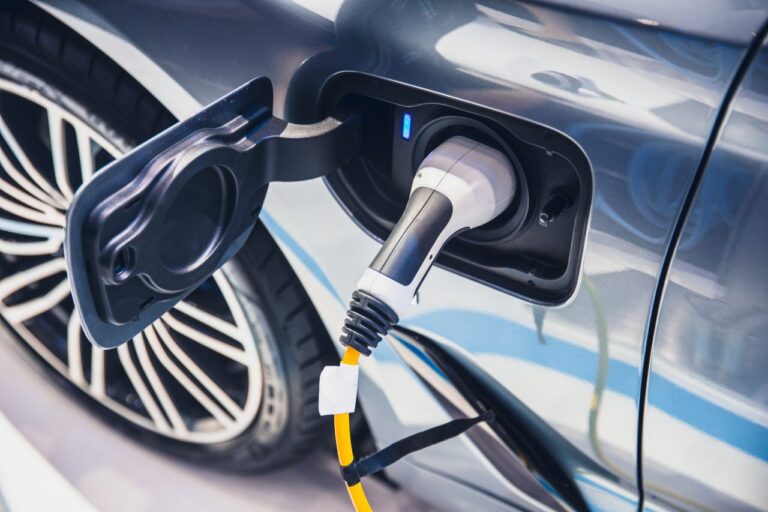
The Difference Between Ac And Dc Chargers
AC and DC chargers have different levels of charging power that results in
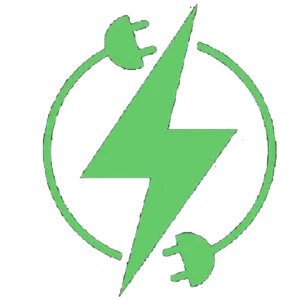
Enerjet EV Charge - Revolutionizing Mobile EV Charging Solutions with Advanced Technology and Unmatched Convenience through EnerJet Pro and EnerJet Pro 2.0
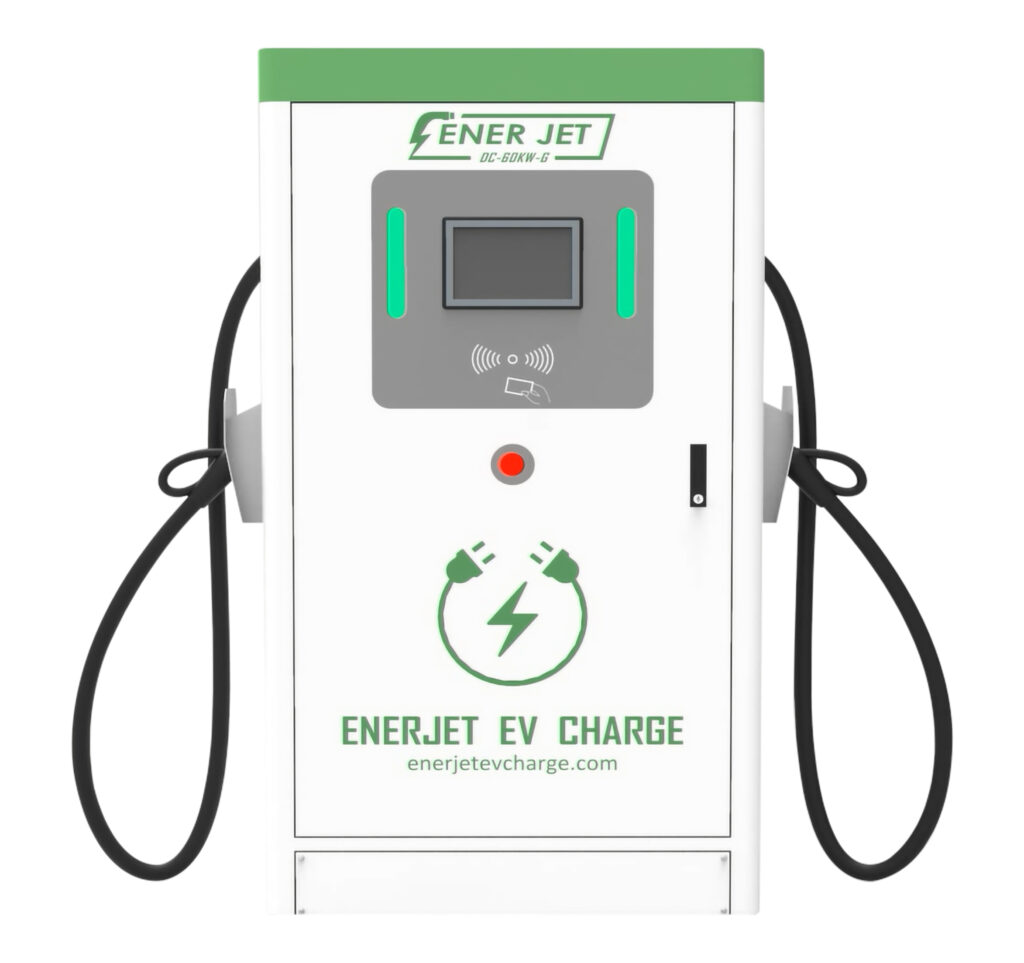
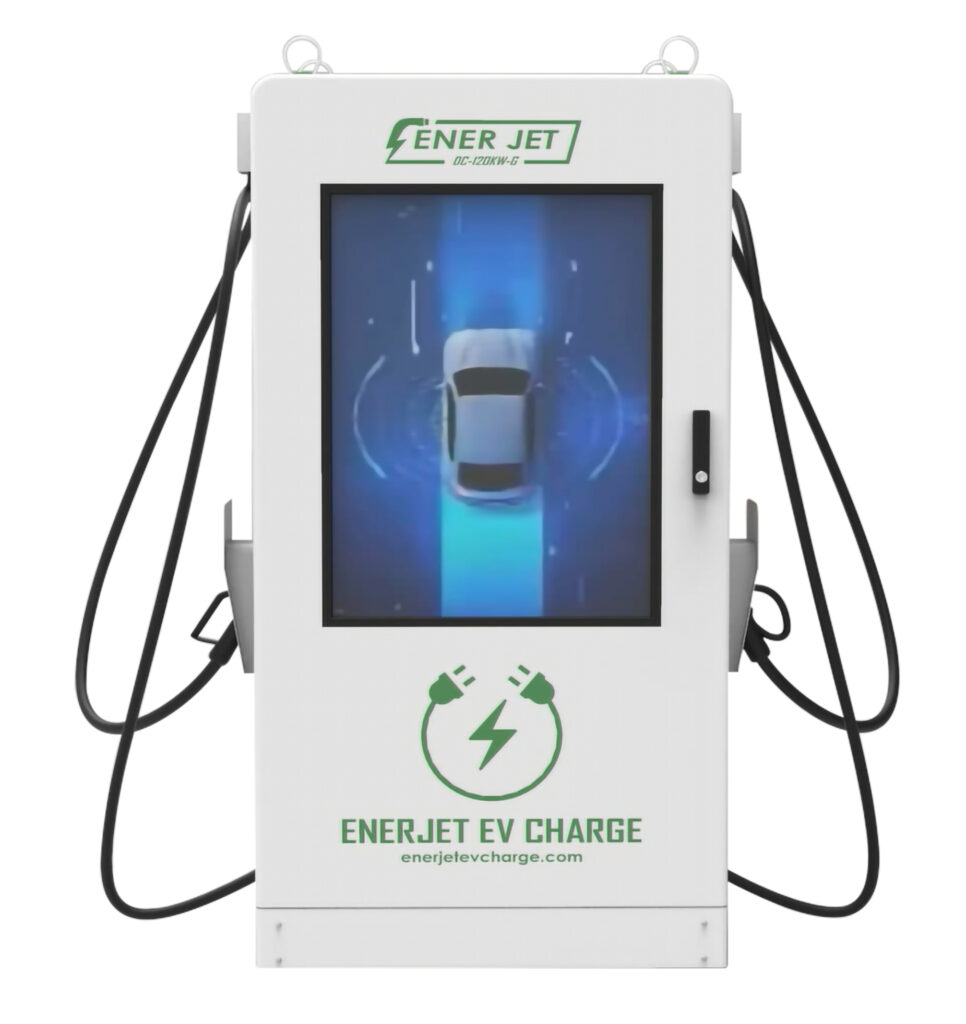
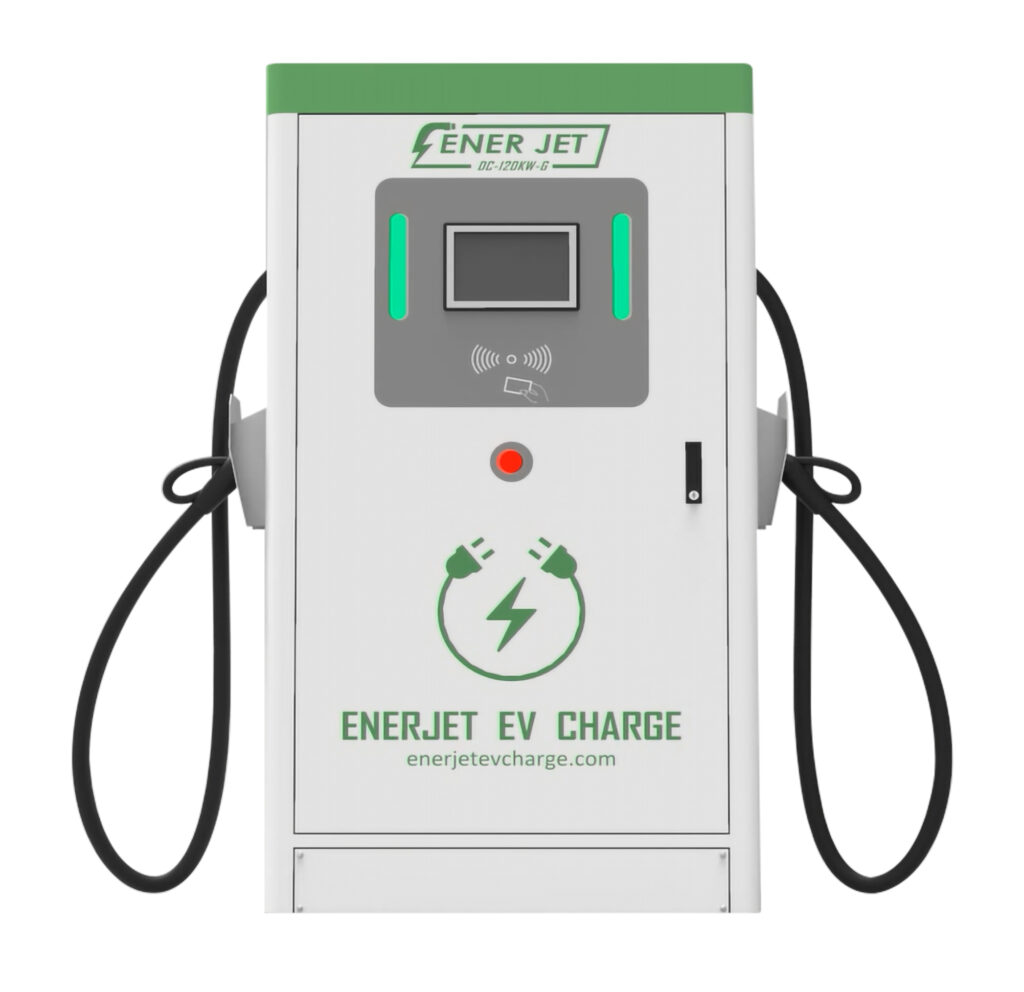
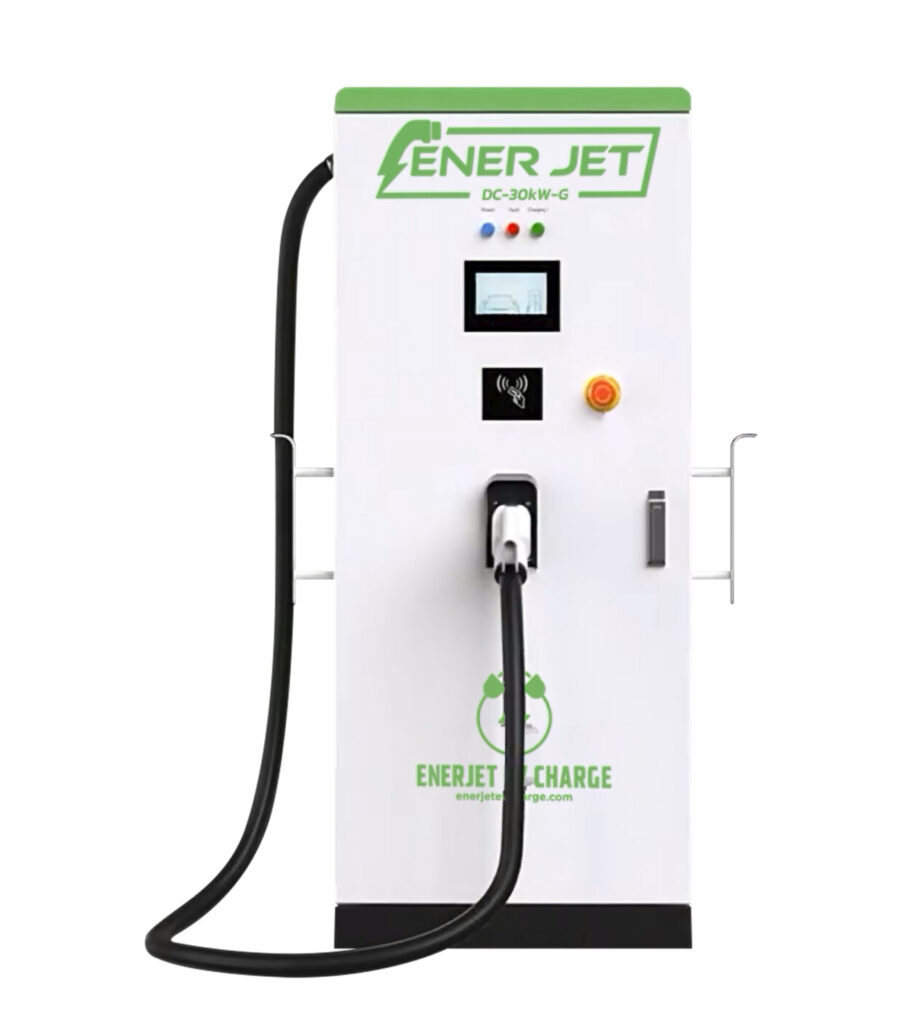
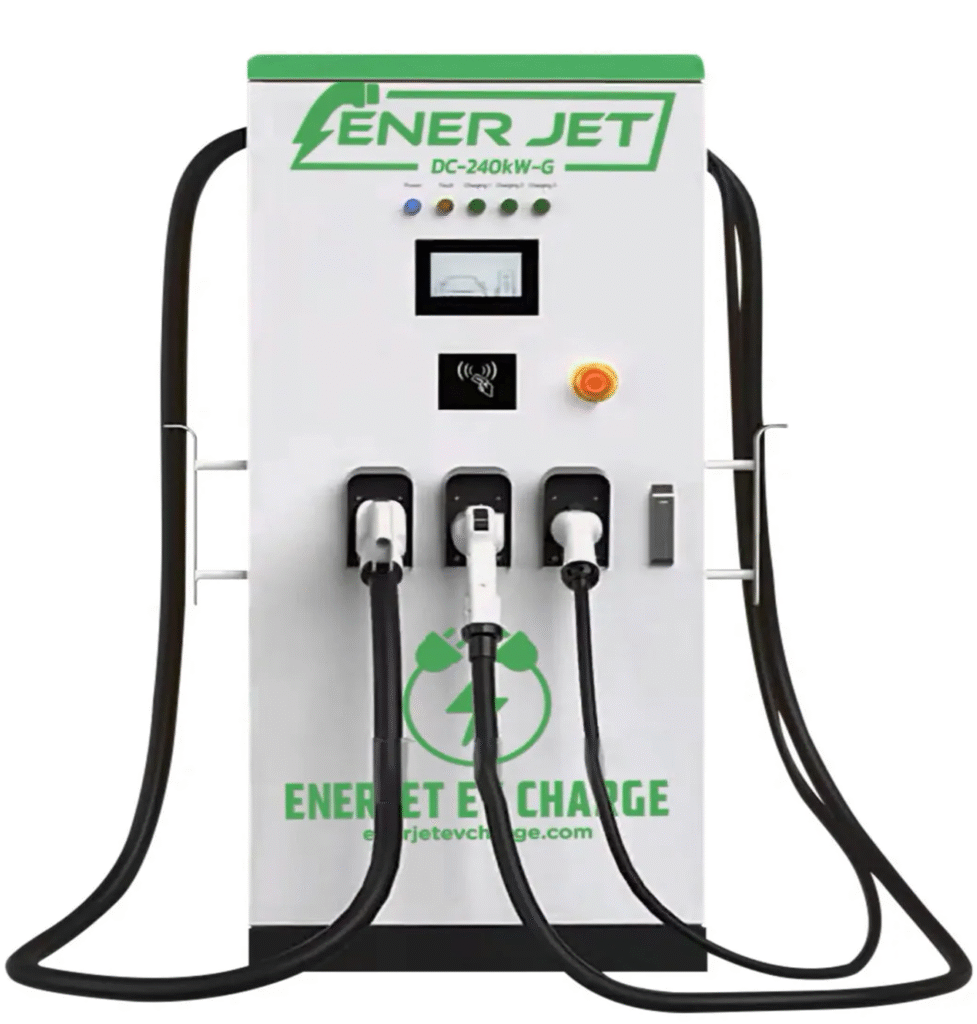
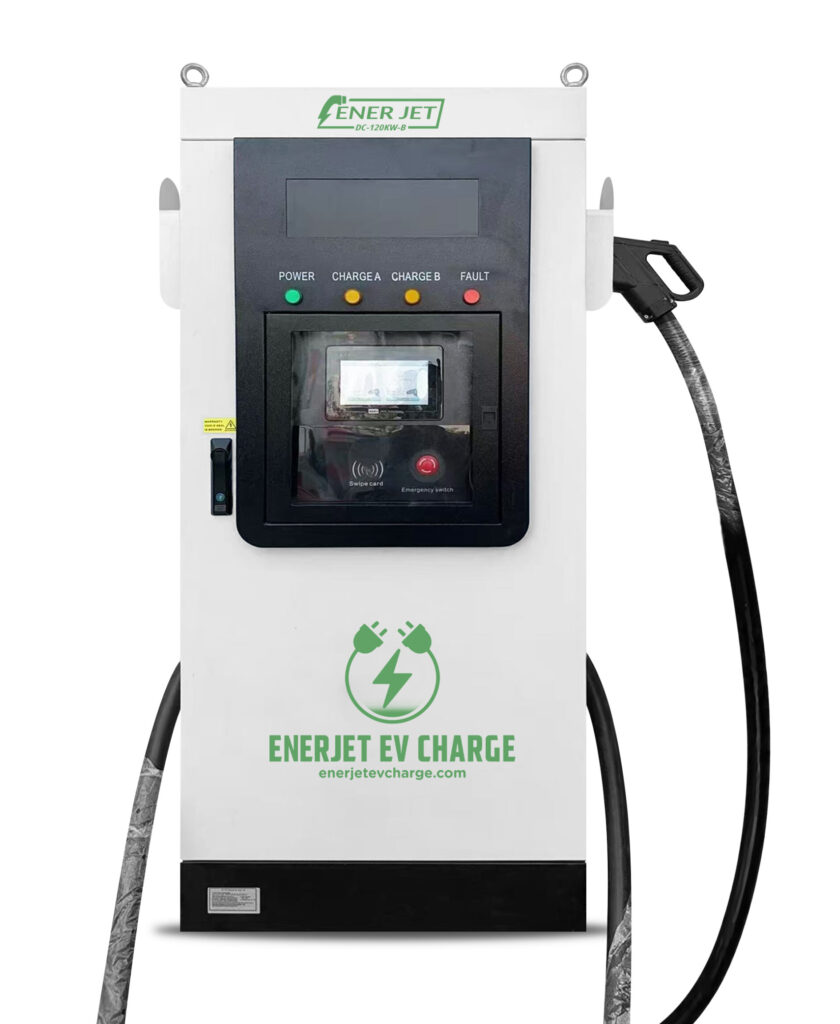
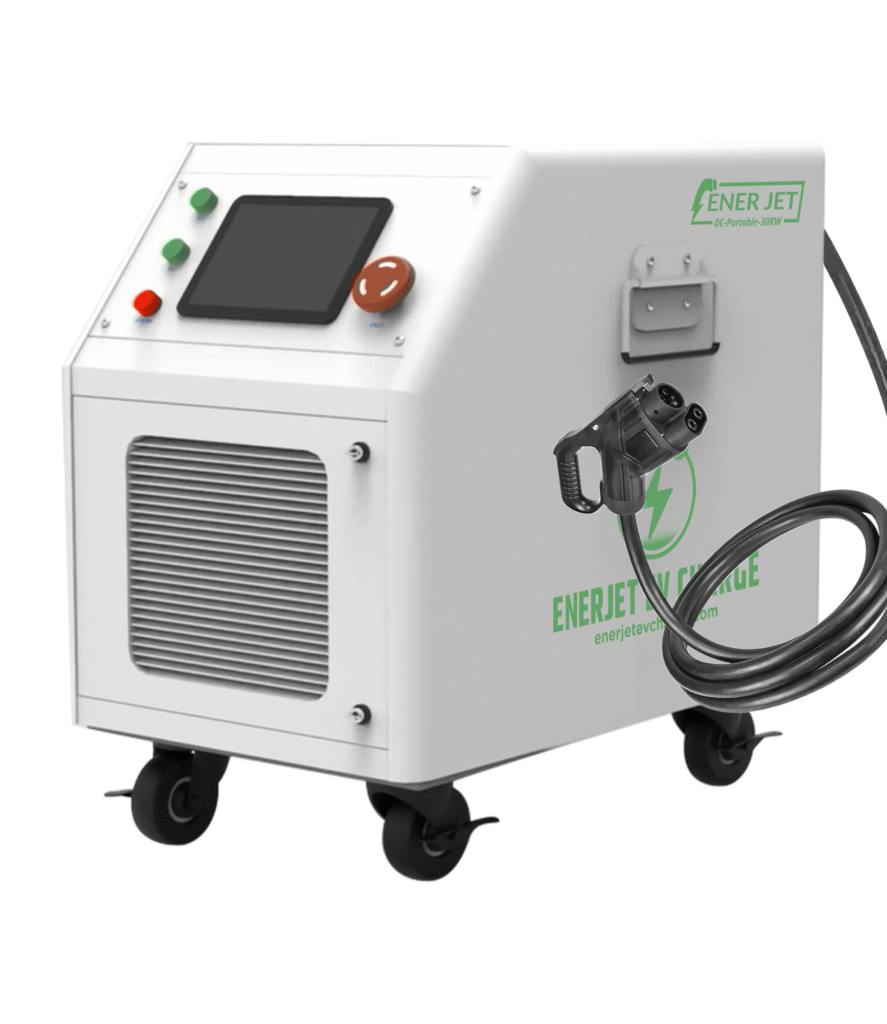
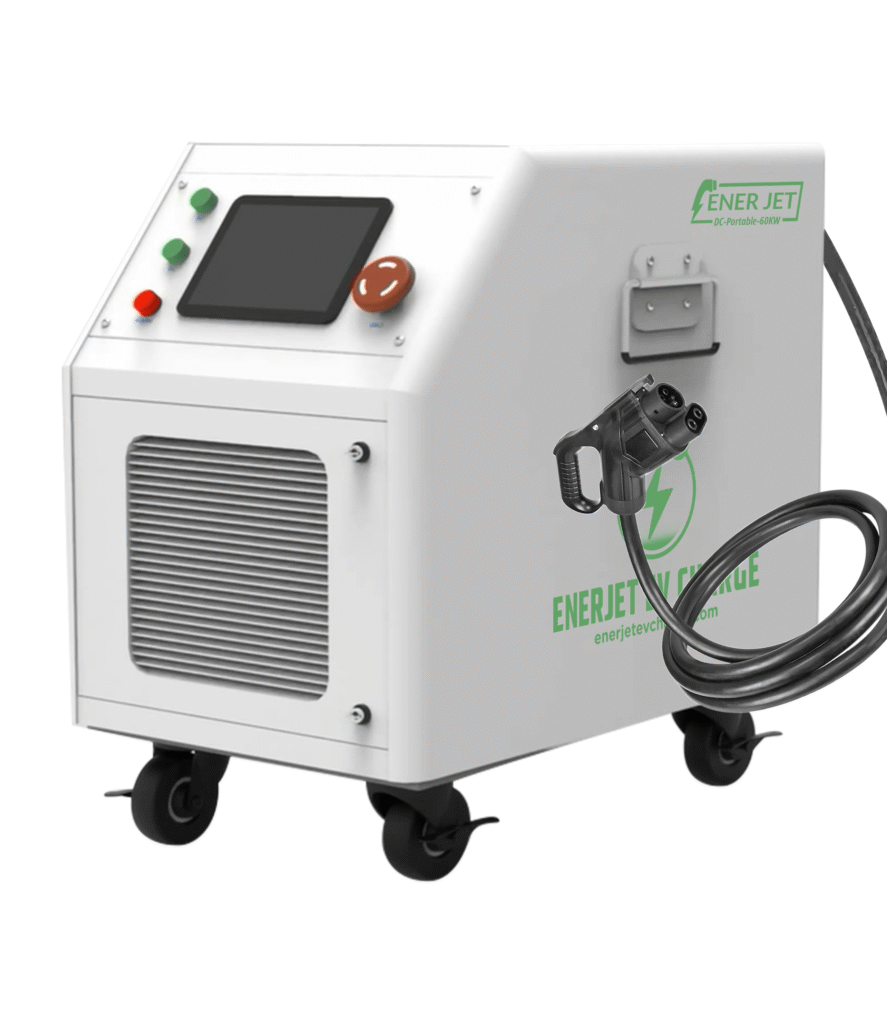
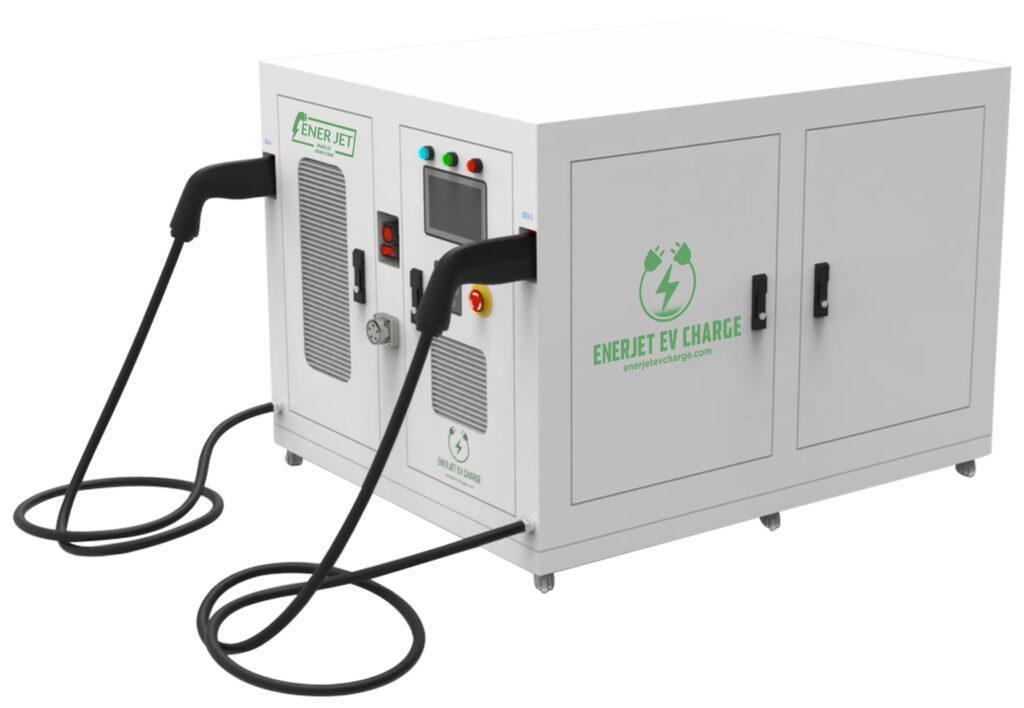
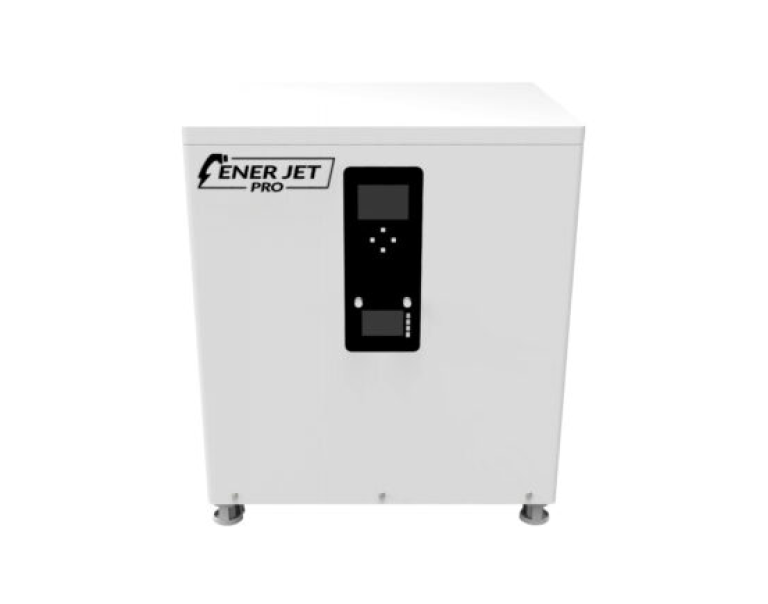

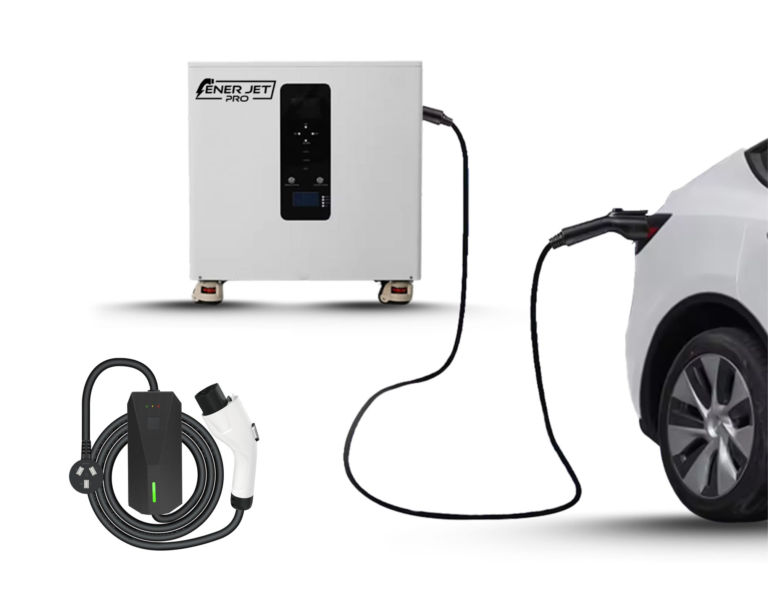
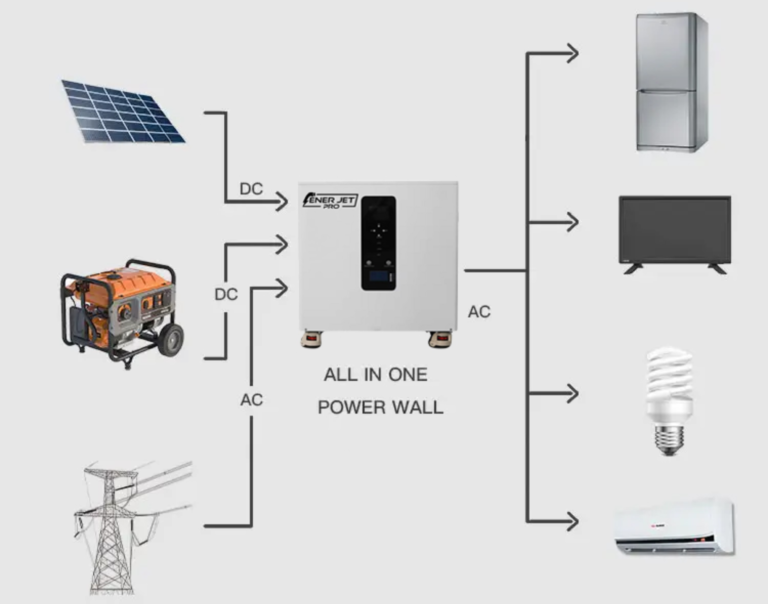
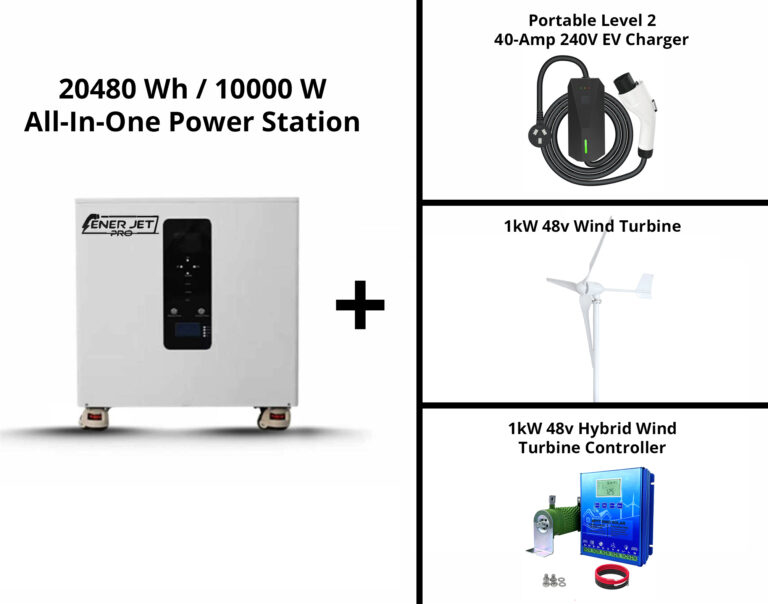
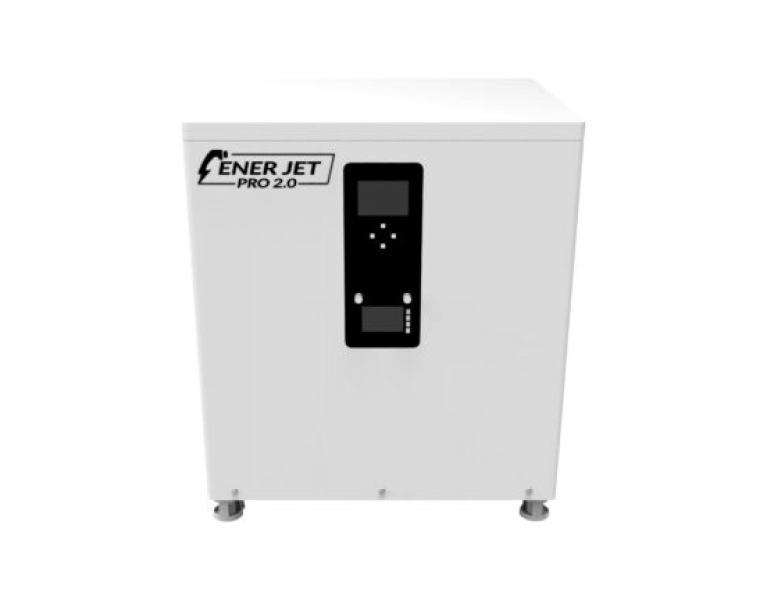

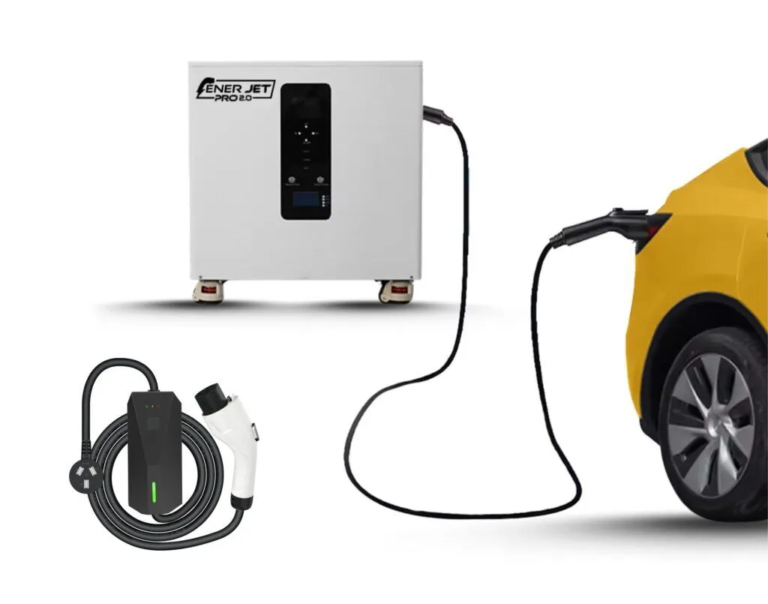
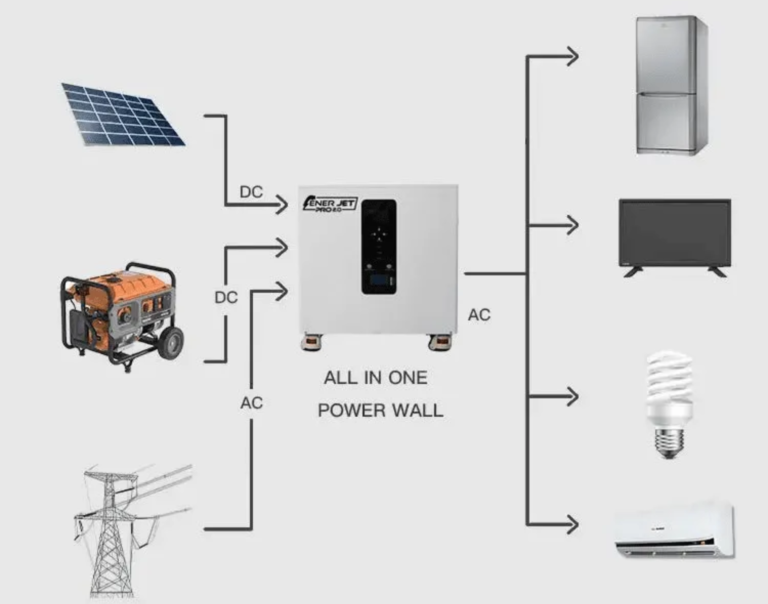
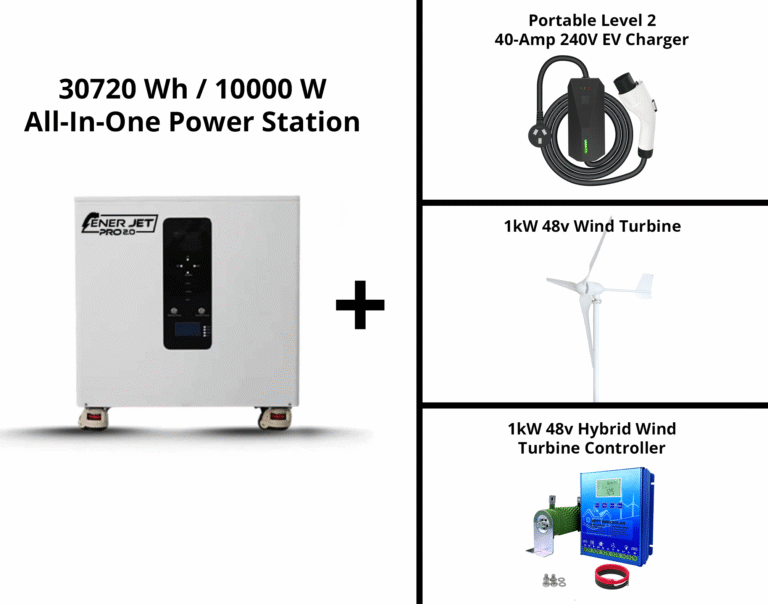
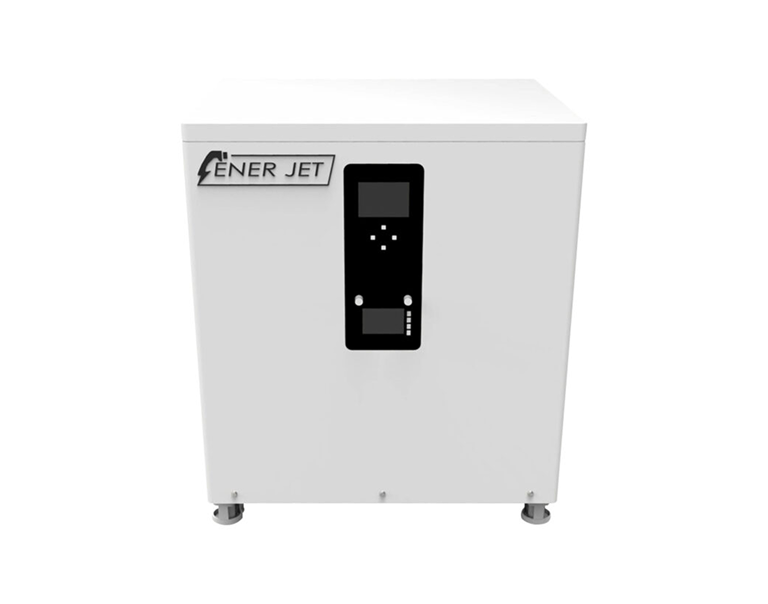

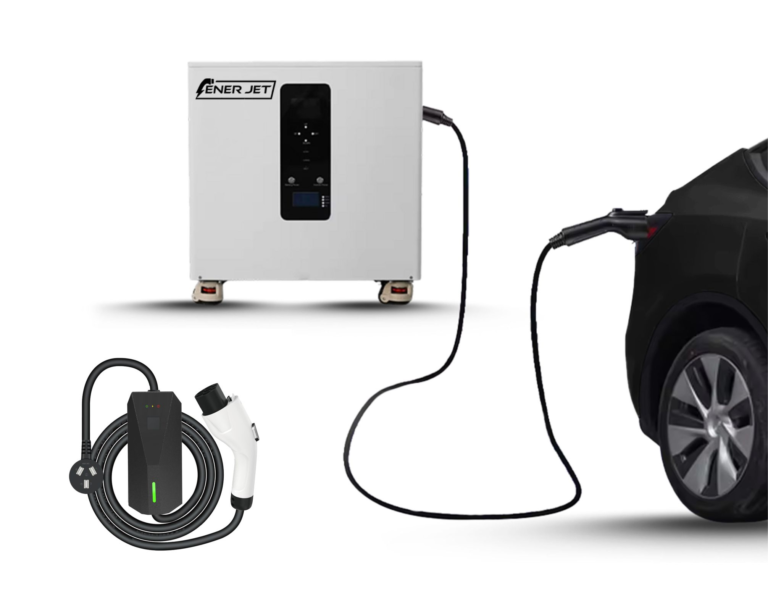
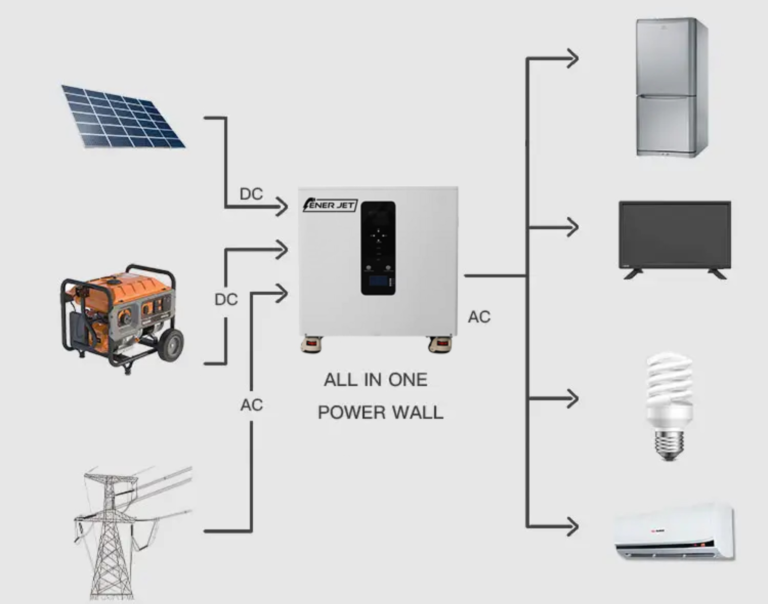
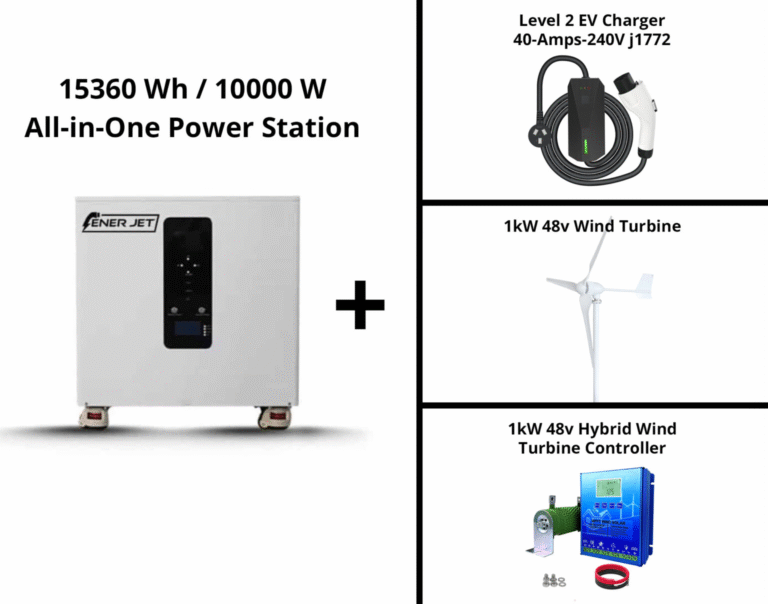




WHY CHOOSE US
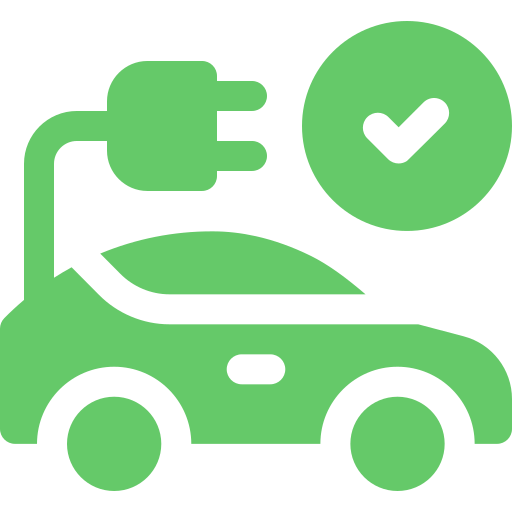
Receive expert assistance from setup to usage with prompt technical support and detailed resources for seamless operation.

Our products exceed industry standards, guaranteeing consistent performance in varied conditions, ensuring reliable charging solutions.
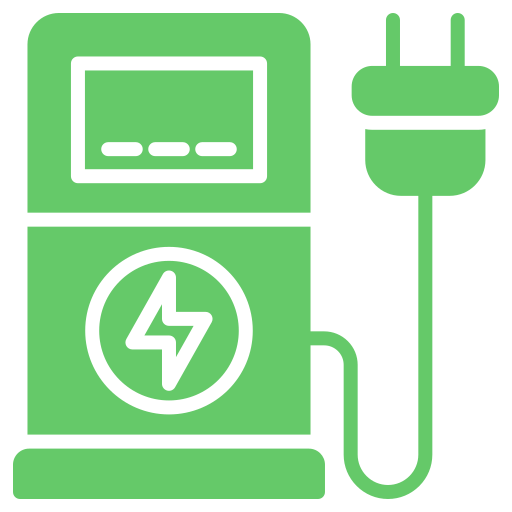
Versatile options cater to individual owners, fleet managers, and businesses, offering efficient and scalable charging solutions for diverse needs.
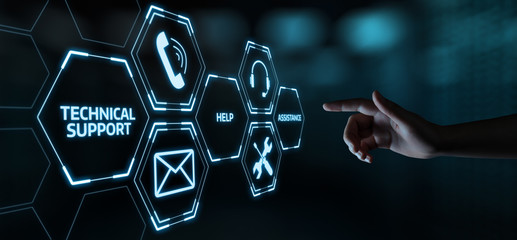
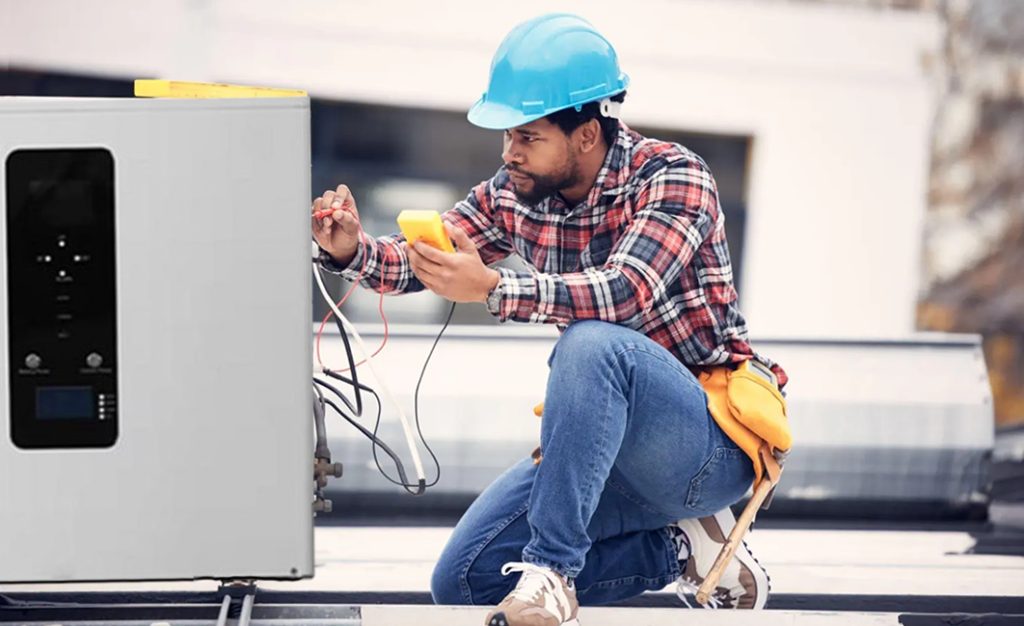
QUESTIONS & ANSWERS
KW refers to the amount of power of a DC Charger. The higher the KW, the more power the charger delivers. For example, a 240KW Level 3 DC Charger can add 800 miles per hour to an electric vehicle while a 30KW Level 3 DC Charger, adds 100 miles per hour.
A key difference between AC and DC chargers is that AC chargers are limited by the vehicle’s acceptance rate. Some EV’s only accept 3.6 KW of power from an AC charger. In such a situation, an AC charger can only supply 3.6KW of power to that particular even if the charger’s rated power is 30KW. On the other hand, a DC charger has a built-in converter and delivers power beyond the vehicle’s acceptance rate. Therefore, a 30KW DC charger supplies 30KW of power regardless of the vehicle’s particular acceptance rate. Another difference is the voltage. AC chargers are much slower because they only require either 120-volts (Level 1) or 240-volts (Level 2). Level 3 DC chargers typically run off of 480-volts / three phases.
You can recharge the EnerJet, EnerJet Pro and EnerJet Pro 2.0 Solar Generators with the included 1 kW Wind Turbine. You can also pair Home Solar Panels a DC-to-DC charger.
A Kilowatt Hour is equal to 1, 000-Watt hours. So, 15.360 kWh is equal to 15360 Wh. 20.480 kWh is equal to 20480 Wh. 30.720 kWh is the same as 30720 Wh. KWh and Wh refers to the amount of stored Solar Energy i.e. the size of the battery. Our Power Stations contain a Lifepro4 Battery starting at 15.360 per machine.
Yes. The Level 3 DC Charging Stations accept all major credits cards through the OCPP software and RFID scanner. We also work with vendors who provide our customers with a QR-Code to process payments.
Both systems are designed for minimal maintenance. Regularly check connections and clean components as needed. Detailed maintenance guidelines are provided in the user manual, and our support team is available for additional assistance.
Our Blogs

AC and DC chargers have different levels of charging power that results in
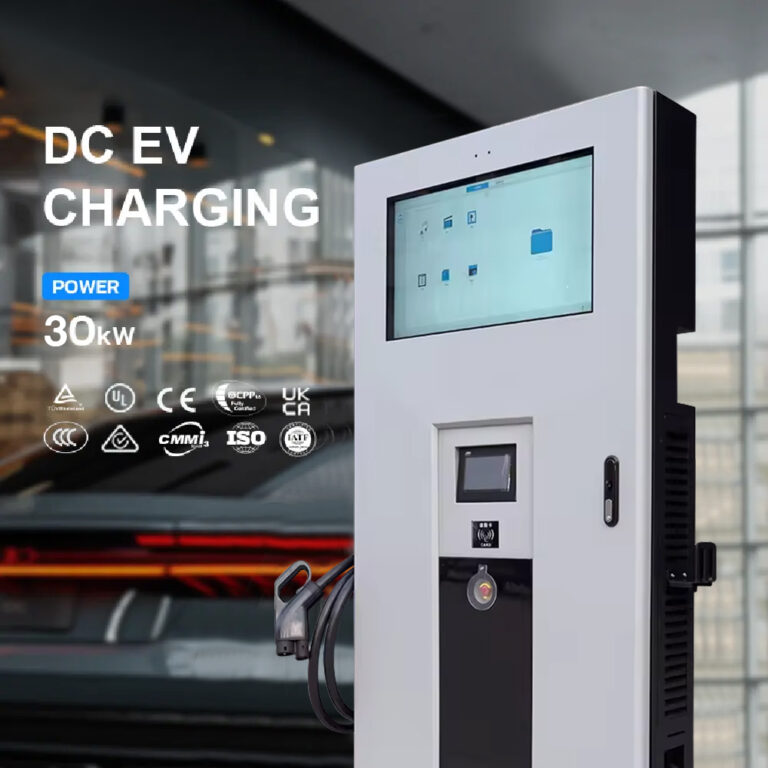
Mobile EV Charger are necessary due to the lack of a widespread infrastructure
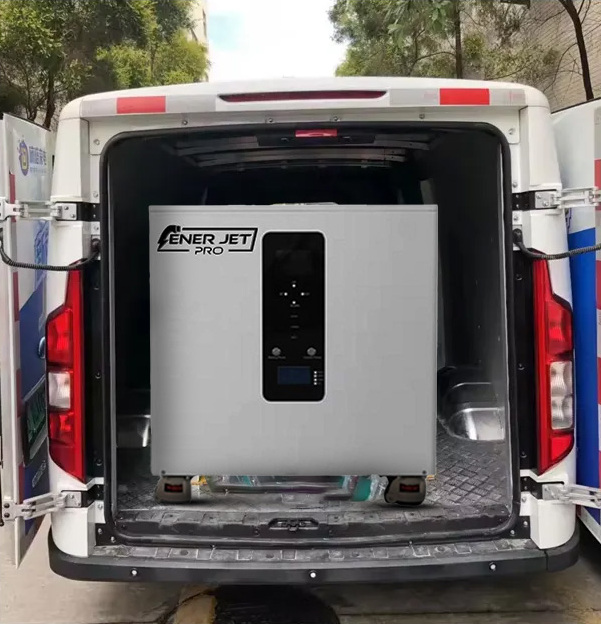
Like when used on an RV, Solar Charging Stations are safe for transportation
Touch With US
Have questions or need more information? We’re here to help. Contact us today to learn more about our products or to place an order.
sales@enerjetevcharge.com
CONTACT US